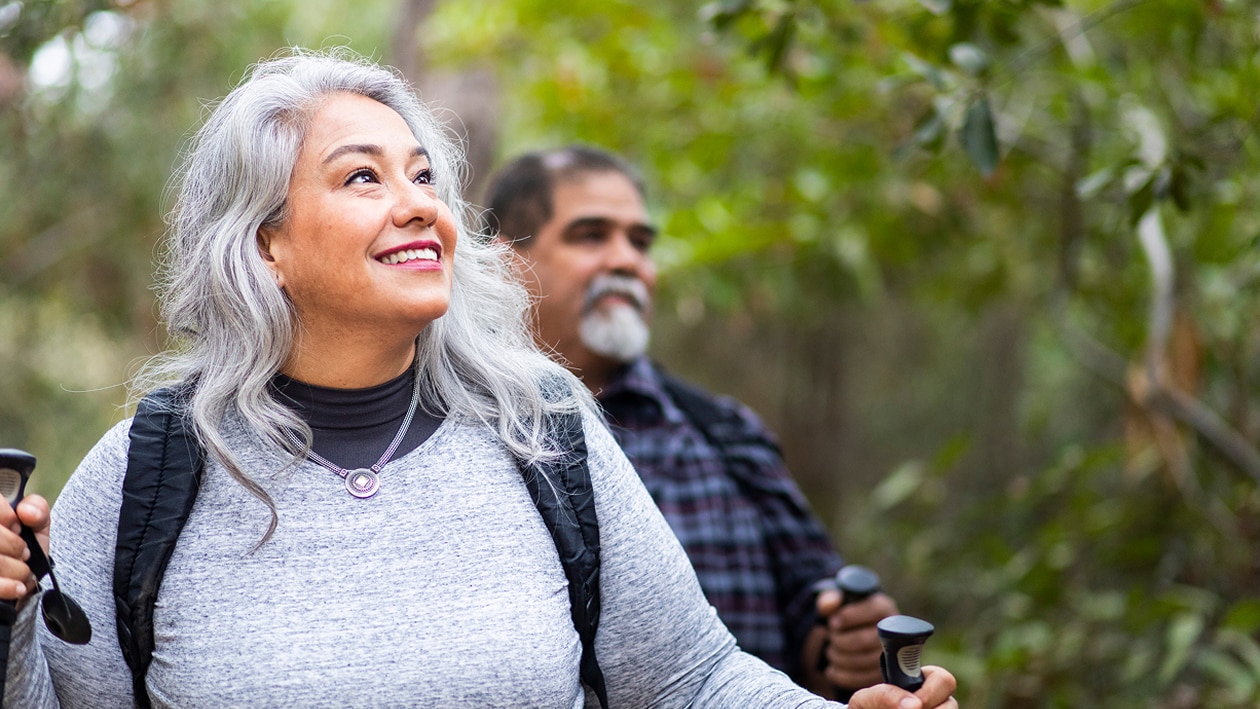
Jump to section
Get your flu shot today so you can keep living life to the fullest. Flu shots are safe, convenient, and available at no cost at many Kaiser Permanente locations.


Health encyclopedia
Search from over 4,000 health topics on to learn which care is best for you.
Connecting to care
Call us 24/7 and talk with a licensed care clinician about your questions or concerns. Find your local phone number below.
If you need help choosing the care that’s right for you, give us a call.
Prefer to write? Message your care team anytime with medical questions.
Schedule in-person check-ups, phone or video visits, and other appointments.




